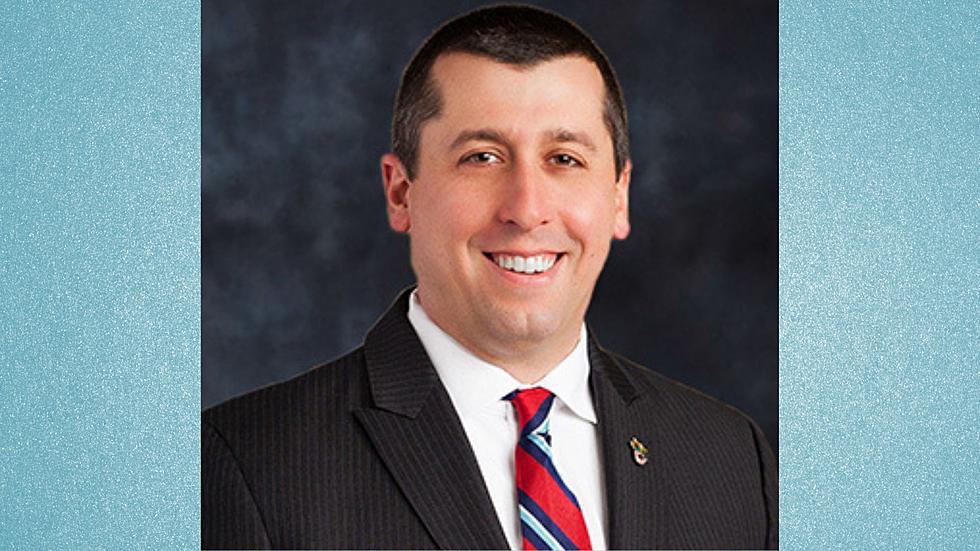
Trump as GOP presidential nominee could lean on party money
Donald Trump says he'll raise money for the Republican Party and there's a good reason why: It has the resources he lacks for a general election.
Trump's victories this week make it much more likely that he'll be the party's presidential nominee, probably facing off in November with Democrat Hillary Clinton. That raises the question of how a so-far "self-funding" Trump would pay for what could be a billion-dollar campaign.
The answer could be, in part, the Republican National Committee.
In the four years since Mitt Romney lost to President Barack Obama, the party has spent millions of dollars to identify and persuade voters by building up its data team and deploying hundreds of on-the-ground employees across the country. These specialties of the national party happen to be lacking in Trump's own campaign.
As nominee, he would inherit those RNC resources, which would grow even stronger with Trump's fundraising assistance. He could also add personnel to the RNC's leadership, further blending his campaign and the party.
RNC Chairman Reince Priebus and Lewis Eisenberg, its national finance chairman, have made repeated public assurances that they would support Trump if he becomes the nominee. Eisenberg, a New Jersey investor, has known Trump for several decades.
Another longtime party financier, Bill Palatucci, plans to raise money for Trump in some capacity. Palatucci's friend and political ally, New Jersey Gov. Chris Christie, was one of the first mainstream politicians to endorse Trump.
"The nominee will take over a party that has resources that simply weren't there for Mitt Romney," Palatucci said. The RNC has consistently raised millions more than its Democratic counterpart in recent years.
After Romney's loss, the party determined that part of what went wrong was organizational, specifically citing weaknesses in data gathering and direct voter contact.
The contrast between then and now is stark: As of March 2012, the RNC had four full-time field staffers; now there are more than 200, spread among 16 states. Some have been in place since 2013.
Those employees are empowered with far better data -- information that helps them know which voters to reach out to and how to persuade them. The data team is seven times larger than in 2012 and updates voter information weekly.
"We're way ahead of schedule, and our nominee will inherit the strongest ground game the RNC has ever produced," said Chris Young, the party's national field director.
The party can't pay for everything. Trump's campaign would be responsible for his travel, staff and media such as paid advertising -- which happen to be his specialties.
In the primary, the billionaire has managed those costs. He says he has spent about $30 million of his own money so far, and fundraising records show he'd raised $7.5 million from other donors through the end of January.
A reality television star with a penchant for saying controversial things, Trump has risen with the great help of free media coverage. And that's unlikely to change in the eight months before the general election.
What does seem certain to shift is the volume of advertising against him. It has been relatively meager throughout the primary.
Clinton and her allies are unlikely to hold back. The principal outside group backing Clinton, Priorities USA, has used little of the $50 million it has already raised, purposely holding back for the general election, spokesman Justin Barasky said. He expected donors to be "energized" by Trump as an opponent.
Trump has said he'd spend "whatever it takes" to win the White House, estimating $100 million at one point.
It is unclear how much cash he has at his fingertips. Tax returns, which presidential candidates have traditionally disclosed before the November election, could shed light on his financial circumstances. Trump has said he won't release those documents until he's finished being audited by the Internal Revenue Service, although there's no legal reason he cannot put them out before then.
Steven Law, leader of several of the biggest Republican outside groups, including American Crossroads, said Trump will have to respond forcefully to whatever comes his way from Clinton and her supporters.
"It's hard to imagine how he withstands the attacks without a conventional campaign response, which takes real money," Law said.
Outside groups such as super political action committees are another potential ally for Trump in the general election. But whether they'll help him is far from clear.
Trump has repeatedly trashed big donors, super PACs and special interests as corrupt.
Law's groups, which have spent years researching Clinton and how to defeat her, have not determined whether they would help Trump win the White House.
The network of activist groups funded by the billionaire industrialists Charles and David Koch is in a similar position.
Factoring into these groups' decision-making: whether he dials back his disparaging comments about political donors and whether the groups think he can win in November.
They also want to see assurances that Trump will raise money for his campaign or spend plenty of his own.
"We're going to have to do a dispassionate analysis on viability," Law said of Trump's November chances. Until recently, many donors have been backing other candidates and in some cases spending millions to try to topple Trump.
"The simple answer is I don't think we will know until the nominating process is reasonably clear," Law said of the role for donors and outside groups in a general election. "We are not there yet."
(© 2016 The Associated Press. All rights reserved. This material may not be published, broadcast, rewritten or redistributed)
More From New Jersey 101.5 FM









